Women account for 49% of the UK workforce, but is enough being done to support their health and wellbeing at work? Probably not, according to Bupa’s recent webinar: “Women’s Health: It’s a biased business.”
Hosted by Bupa’s Deputy Group Chief Medical Officer, Dr Luke James, the webinar explored the different ways that businesses can better support their female workers.
He was joined by an expert panel who included:
Marissa Orr: former Google & Facebook executive and gender equality expert
Dr Paula Franklin: Bupa’s Group Chief Medical Officer
Leila Thabet: CEO and Founder of Naytal (virtual clinic for women’s medical care)
Kaitlyn Tuson: Women’s Health Champion, Marketing Executive & Brand Strategist
In this blog post, we reveal what they had to say and how it can be turned into real change in the workplace.
Hooray Health & Protection are experts in employee benefits and health insurance. If you’re seeking FREE one-to-one advice and quotes then our friendly experts are here to help. Email hello@hoorayinsurance.co.uk or click on the bottom right chatbox.
The health barriers faced by women in 2022
Although much good has happened in recent years, including the rise of workplace menopause strategies and increased flexible arrangements, there are still plenty of blind spots and work to be done.
For example, one survey found that more than one million women in the UK could be forced out of their jobs due to a lack of menopause support from their employer. It’s a real shame that a big chunk of the workforce could be lost – not just for the personal impact it may have on those women, but also the negative impact it will have on those businesses.
Talented and experienced workers are much needed in today’s challenging climate!
Dr Luke James posed the following question:
“How is it, in 2022, a lack of support for women’s health is limiting their opportunities at work?”
First, it’s worth looking at the unique health challenges faced by women:
- 1 in 7 women will develop breast cancer
- Covid has proved the flexibility and balance – women need this understanding to manage health conditions
- Women experience health conditions differently with their responses to medication and side effects e.g., cardiovascular disease – women are diagnosed 7-10 years later than a man
- Women experience a huge range of health issues throughout different stages of life including periods, fertility treatments, pregnancy, and menopause – just to name a few!
- Women are often misinformed and misdiagnosed through a huge disparity in medical research
These issues will inevitably crossover into the workplace. Which inevitably leads to the question: what can be done about it?
Making practical changes to the workplace
Being an organisation that supports all employees begins at the core of your business – company culture and employee benefits support. Creating tailored benefits responding to women’s specific health needs can go a long way in increasing female employee engagement and ensuring that women feel cared for and understood in the workplace.
Workplace changes:
- Regular 1-2-1s and group meetings to stay up to date with employee needs
- Career development opportunities and external training courses
- Establish open communication between staff, managers, and employers
- Ensure workplace facilities are suitable for every employee
- Flexible hours / work from home arrangements
- Paid leave for fertility treatments, miscarriages, pregnancy healthcare
- Change up performance evaluations – find new ways to measure ambiguous performance levels and have the right rewards in place for your staff’s motivations
- Monitor workloads and scheduling
Employee Benefits / Health Insurance policies:
- Employee benefits platforms: A ‘one stop shop’ where employees can access various perks provided by the employer. Improves access to health support and tools which help women (and men) care for their wellbeing.
- Digital wellbeing apps: Designed for almost every health need, including stress trackers, nutrition support, wellbeing prompts and much more.
- Employee Assistance Programmes: EAPs support an employee’s emotional wellbeing. Usually includes a 24-hour helpline, mental health seminars and various other support resources.
- Business Health Insurance: Provides access to private healthcare cover when it’s needed most
- Offering 1-2-1 counselling sessions: Often provided in Health Cash Plans and EAPs, but can also be offered as a standalone service
- Health Cash Plans: Designed to support everyday health needs to help staff feel empowered over their health from every angle
- Bespoke menopause plan: Bupa has created a bespoke menopause care plan which businesses can purchase for their employees. Note: menopause support is not usually included within health insurance schemes.
Advice and innovations from Bupa panel:
- Digital technology allowing geographical access: many expert healthcare services are based in London, but digital tech makes expertise available wherever you are in the UK. Leila Thabet
- Wearable devices to track hormone fluctuations – empowering women to feel knowledgeable / in touch with their own specific healthcare needs and alleviating misdiagnoses Leila Thabet
- Wearables to track menopausal symptoms allows women to physically see how much they are impacted throughout their day, rather than pretending like nothing is happening Kaitlyn Tuson
- Digital platforms levels the playing field, providing women with more access and the information they need to care for themselves Kaitlyn Tuson
- Manager training to help destigmatise and recognise when and how women need help Kaitlyn Tuson
Positive steps forward
Every business wants a happy and healthy workforce. And as women often make up a big percentage of it, it’s vital to address the specific health issues that they face. The first step can be as simple as offering up the opportunity for discussion. Is there a safe space to do this? You’ll only know if your business is doing enough by giving them the chance to tell you.
There are many ways to encourage feedback, whether it’s via feedback forms (which can be done anonymously if preferred) or by raising the issue in team meetings and making clear that you’re open to conversations on the topic.
By breaking down the barriers around women’s health, you can ensure your whole team is bringing the best of themselves to the workplace.
At Hooray Health & Protection, we advise on the all the issues surrounding employee benefits. If you are looking for FREE quotes and honest advice for finding the perfect benefits to help your staff, contact our team on 01273 222805 or email us at hello@hoorayinsurance.co.uk.
Author

Author: Eleanor Chilvers

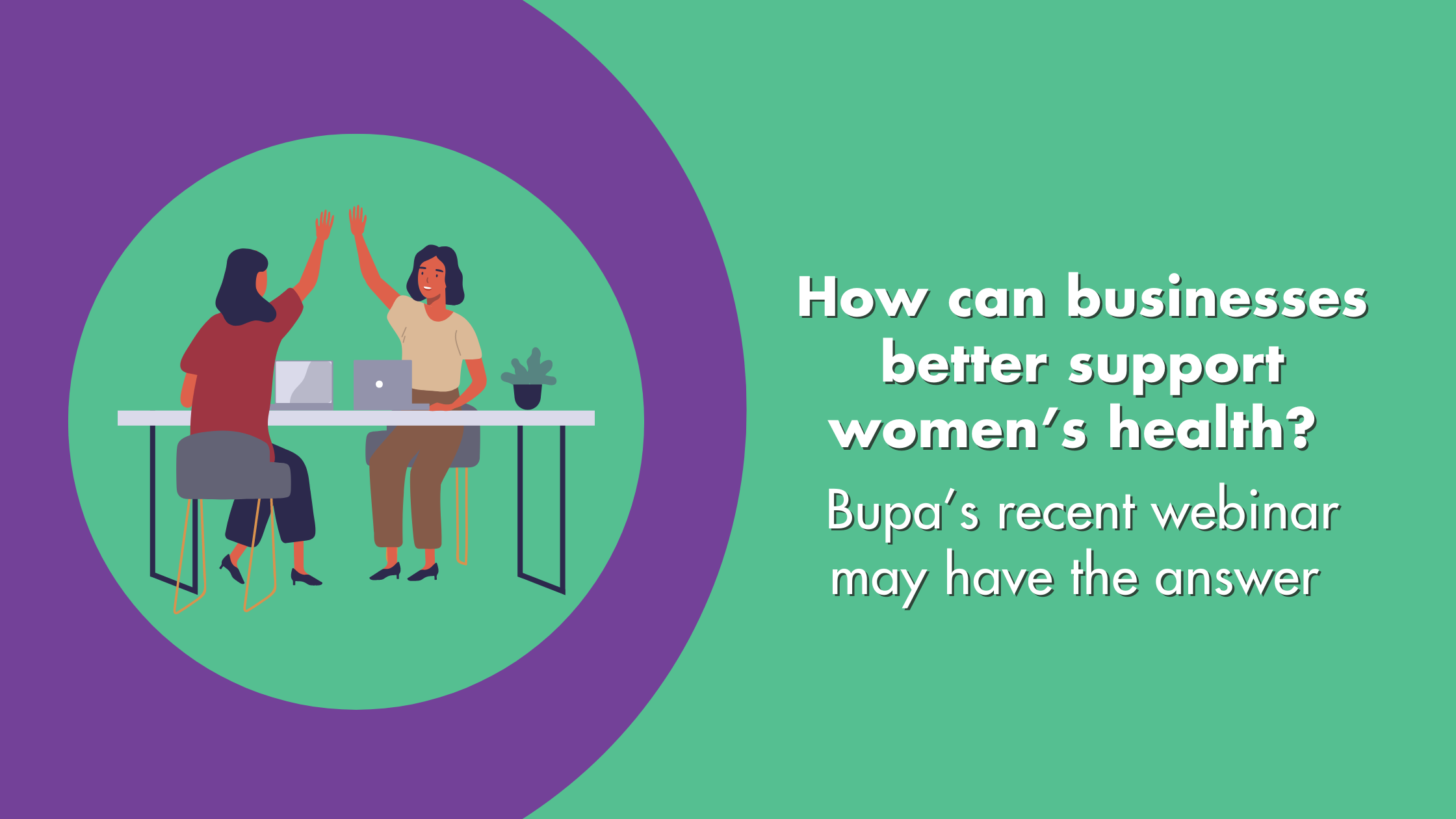
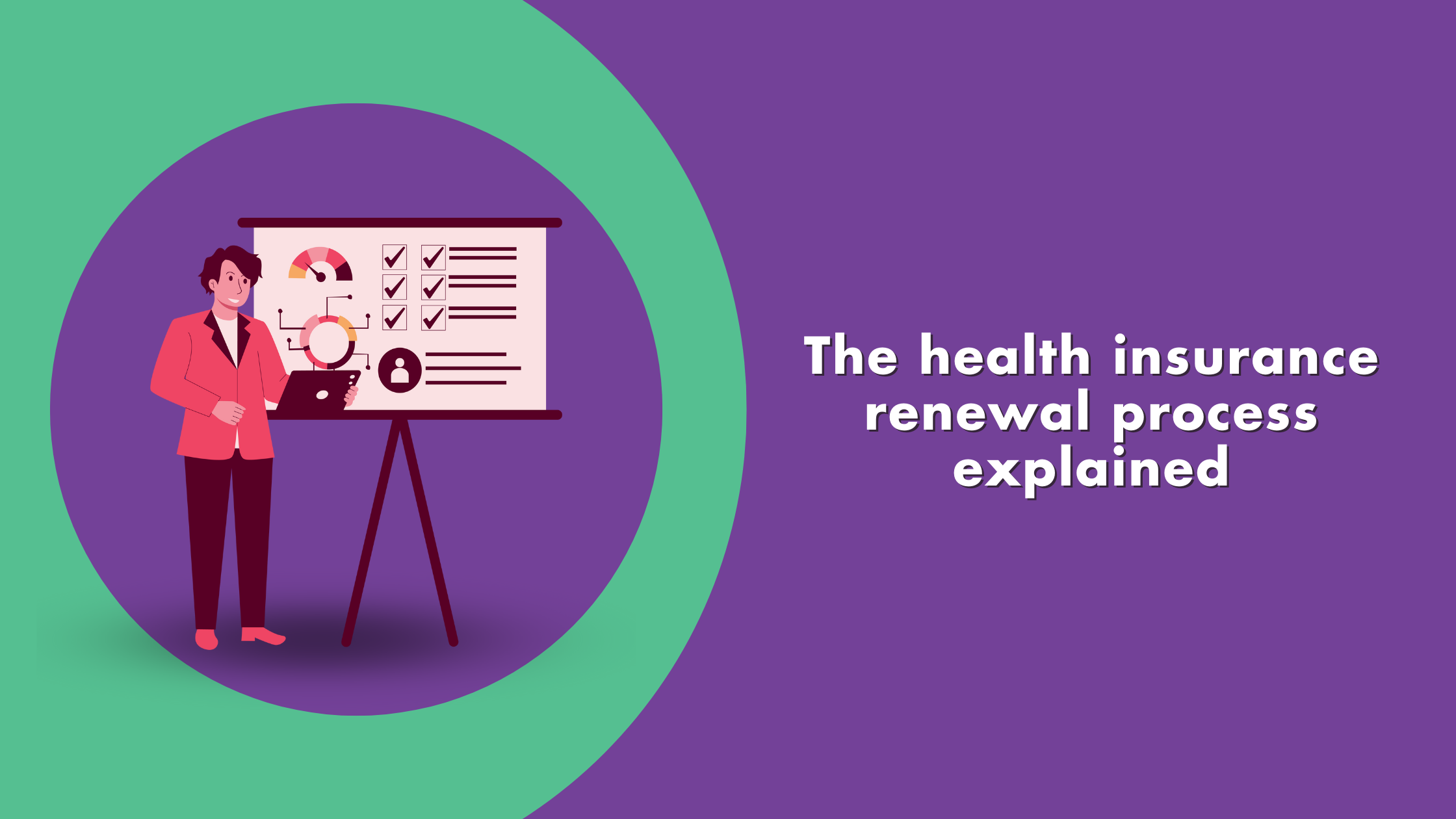
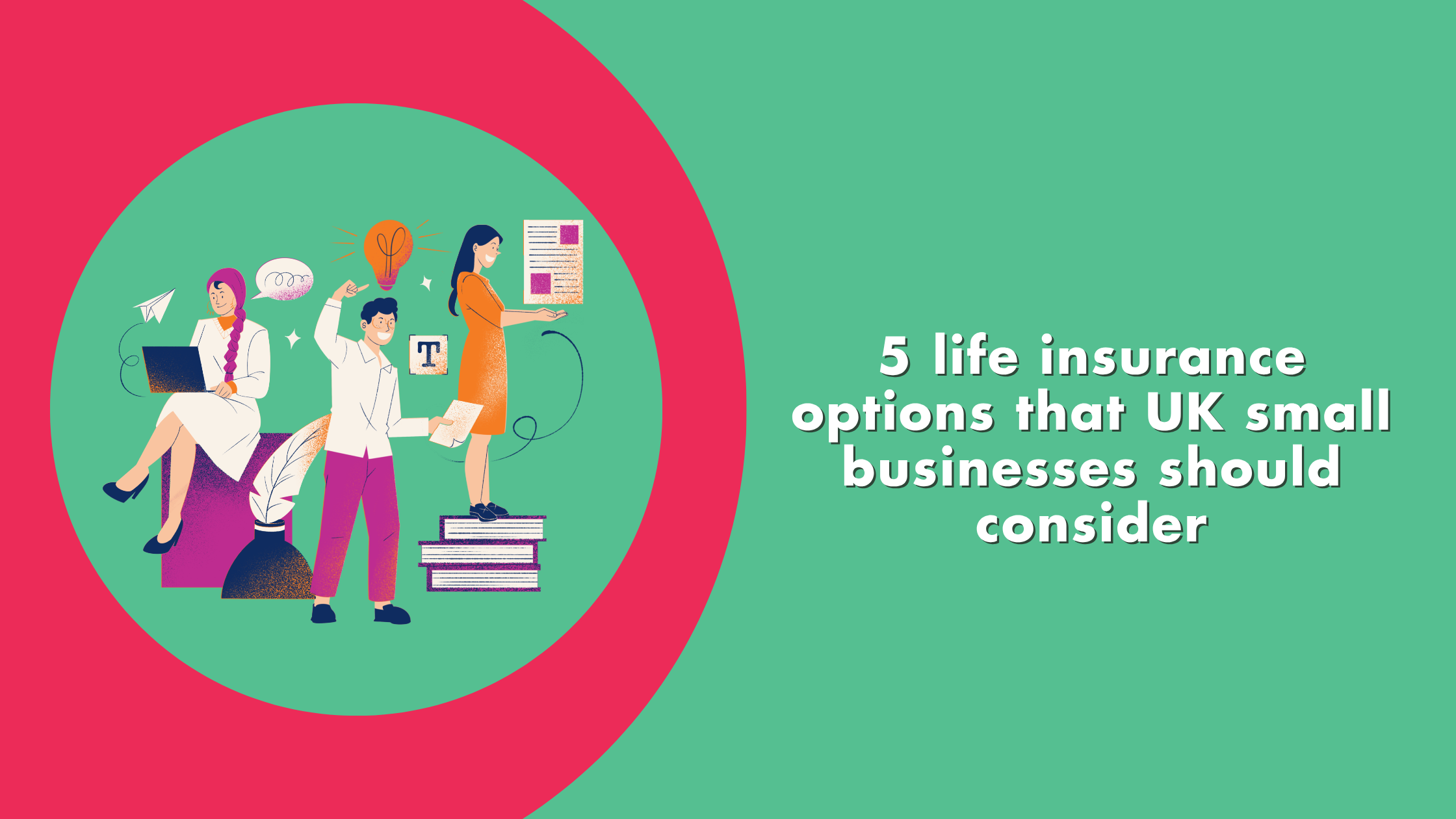
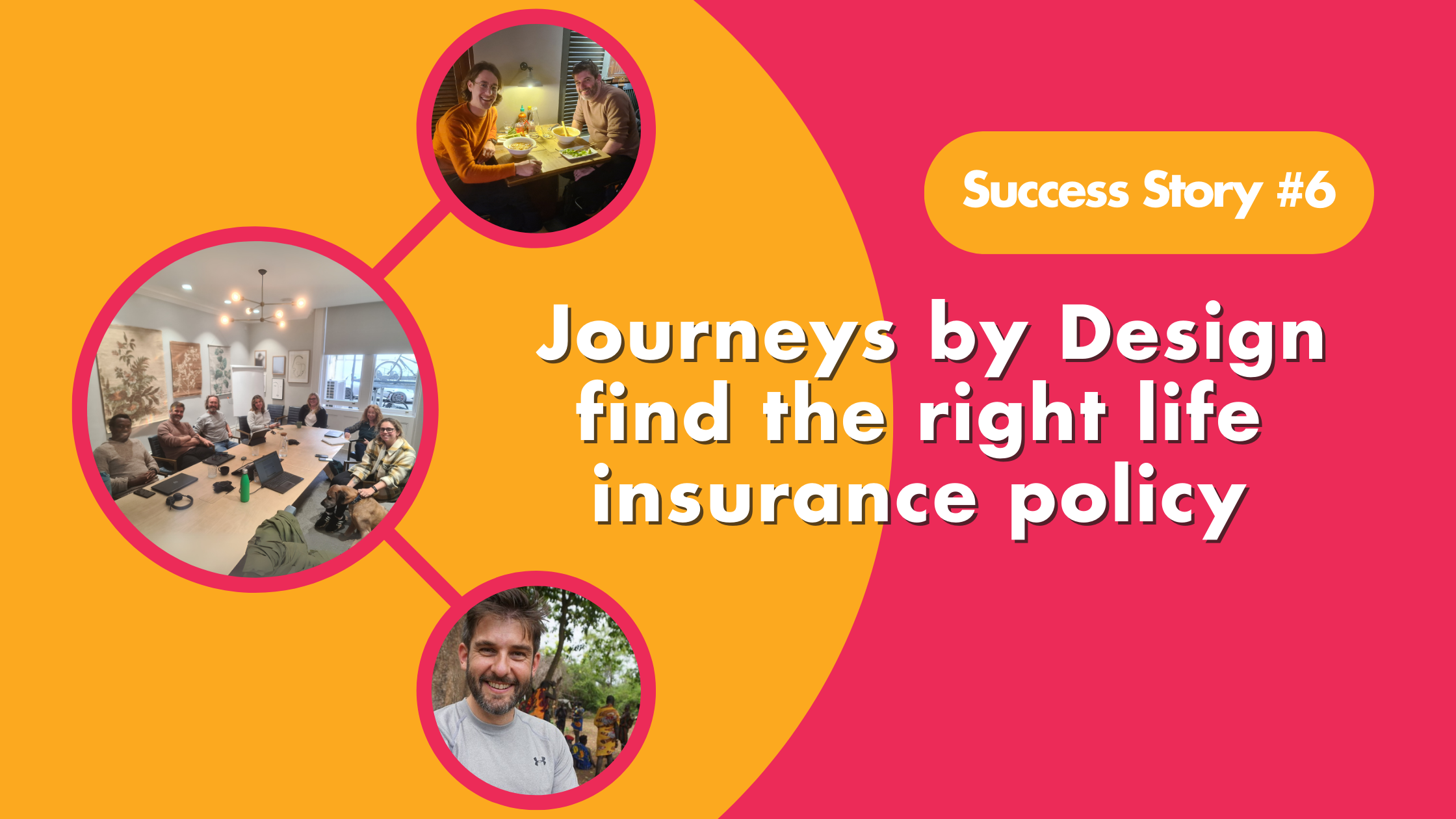

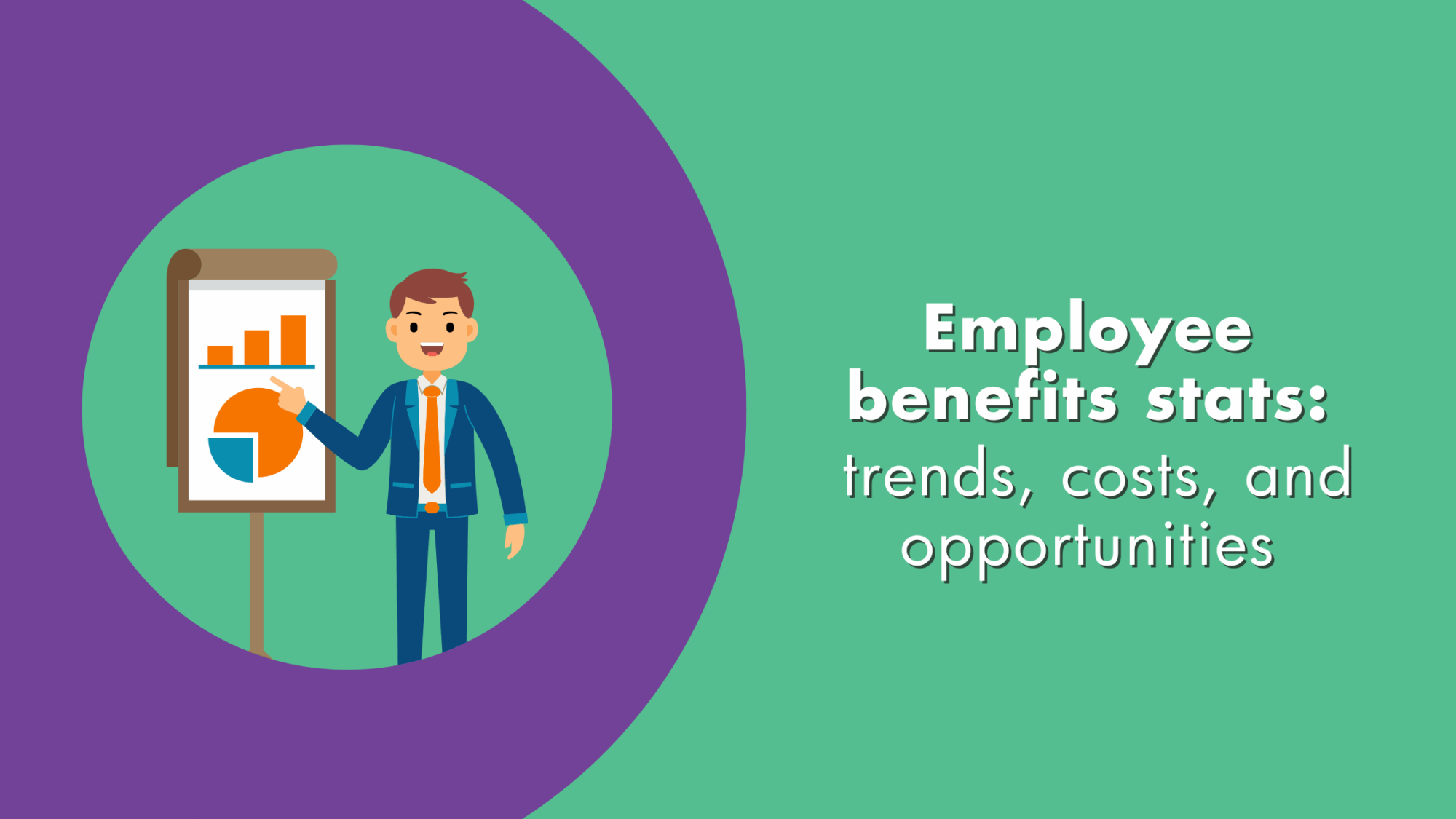

![_HPA24 Advice Firm of the Year [YELLOW] _HPA24 Advice Firm of the Year [YELLOW]](https://hoorayinsurance.co.uk/wp-content/uploads/elementor/thumbs/HPA24-Advice-Firm-of-the-Year-YELLOW-qwfw5zs3ef19fjq6cnwf697rj9gwqbf8o6443qptg0.png)
![_HPA24 Best Small Health Insurance Advice Firm [YELLOW] _HPA24 Best Small Health Insurance Advice Firm [YELLOW]](https://hoorayinsurance.co.uk/wp-content/uploads/elementor/thumbs/HPA24-Best-Small-Health-Insurance-Advice-Firm-YELLOW-qwfw5yu97kzz3xrji5hslrgaxvljimbic1gmmgr7m8.png)
![_HPA24 Best Sales & Retention Advice Team [YELLOW] _HPA24 Best Sales & Retention Advice Team [YELLOW]](https://hoorayinsurance.co.uk/wp-content/uploads/elementor/thumbs/HPA24-Best-Sales-Retention-Advice-Team-YELLOW-qwfw5yu97kzz3xrji5hslrgaxvljimbic1gmmgr7m8.png)
![_HPA24 Best Small Protection Advice Firm [YELLOW] _HPA24 Best Small Protection Advice Firm [YELLOW]](https://hoorayinsurance.co.uk/wp-content/uploads/elementor/thumbs/HPA24-Best-Small-Protection-Advice-Firm-YELLOW-qwfw5zs3ef19fjq6cnwf697rj9gwqbf8o6443qptg0.png)